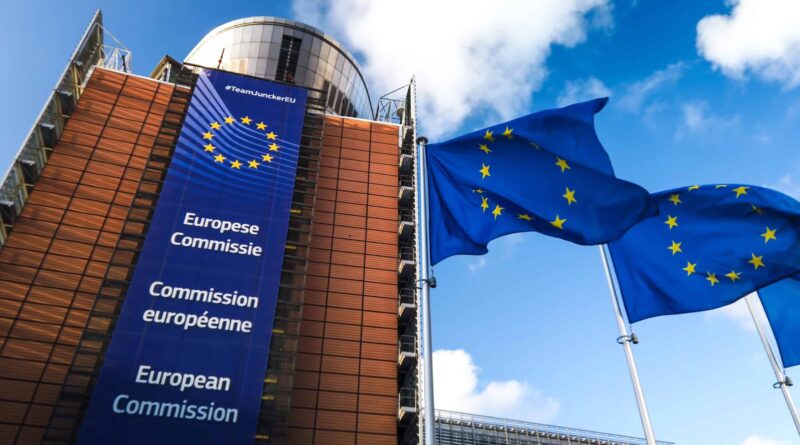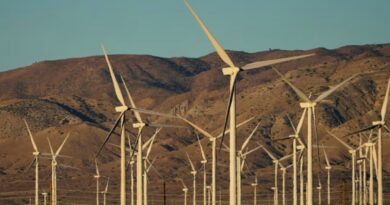EU regulators propose shake-up of sustainable investment labels
European Union regulators proposed sweeping changes on Tuesday to the bloc’s rules on labelling sustainable investments, to give investors simpler and clearer information and to stop “greenwashing” risks.
The proposals include marking financial products that are not yet sustainable as ‘transition’ products and introducing a sustainability indicator that would grade investment funds.
The EU’s executive European Commission is reviewing rules for asset managers, known as the sustainable finance disclosure regulation or SFDR, to curb greenwashing which refers to exaggerated climate-friendly claims.
“The simplifications consist of two voluntary product categories, ‘sustainable’ and ‘transition’, that financial market participants should use to ensure consumers understand the purpose of the products,” the bloc’s markets, banking and insurance watchdogs, ESMA, EBA and EIOPA, said in a joint ‘opinion’, opens new tab for the Commission’s consultation.
This would allow ‘transition’ investment in assets that aim to become sustainable over time.
“The rules for the categories should have a clear objective and criteria to reduce greenwashing risks.”
The watchdogs said the current rules may be complex and difficult to understand, and recommended that the Commission consider the introduction of a sustainability indicator that would grade financial products such as investment funds, life insurance and pension products.
The proposed changes would “address the greenwashing problems arising from the misuse” of so-called Articles 8 and 9 disclosures under SFDR, the watchdogs said.
Article 8 refers broadly to a fund that has environmental characteristics, while the higher Article 9 refers more directly to sustainability.
As EU watchdogs began to crack down on greenwashing, asset managers jumped to downgrade some funds to Article 8 from Article 9.
Introducing the new categories of products that have sustainability features would replace the current practice of categorisation in Article 8 and 9, the watchdogs said.




